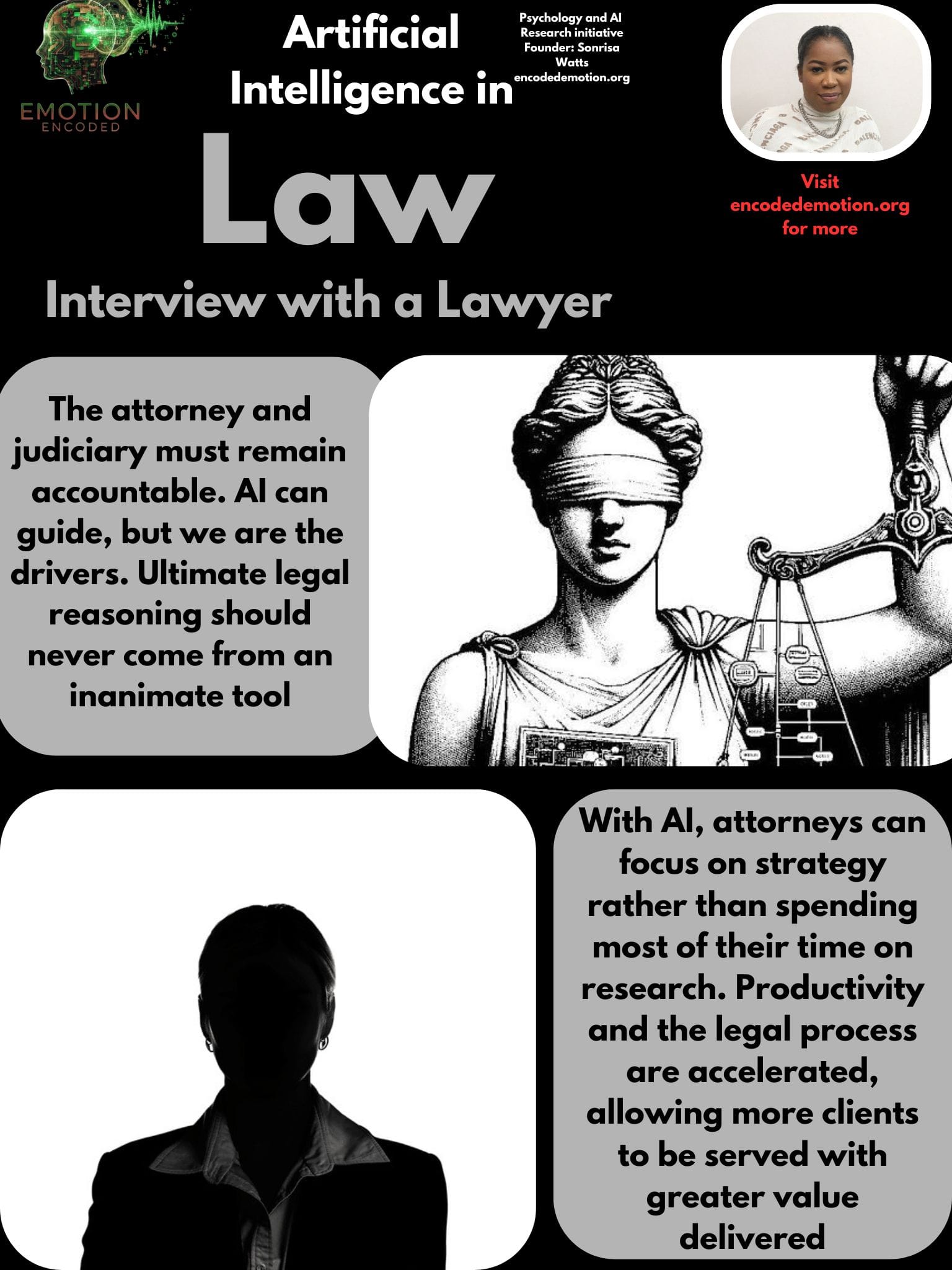The integration of artificial intelligence (AI) into the legal profession is rapidly changing the way attorneys conduct research, strategize, and interact with clients. We spoke to a practicing lawyer about the opportunities and challenges AI presents in the courtroom and beyond.
When asked whether AI could improve the legal process, she responded affirmatively, albeit cautiously. “Yes, partially being the operative word,” she noted. AI, she explained, promises to accelerate legal proceedings and enable more in-depth research. “Information will just be a click away, and new cutting-edge legal reasoning is available with minimal research,” she said, emphasizing that the technology allows attorneys to focus on strategic thinking rather than spending most of their time on case research.
Rethinking Attorney-Client Dynamics
AI also reshapes the attorney-client dynamic. According to the lawyer, it challenges practitioners in a positive way. “It allows information to be at the fingertips of our clients, so they come in prepared, understanding what the outcome will likely be. This is a good thing,” she said. By streamlining research, attorneys can devote more time to strategy, increasing productivity and enabling them to serve more clients. “The attorney’s productivity and the legal process are therefore accelerated. The billable hours will still be there, but they are spread over more clients. More volume and more value delivered,” she explained.
The Cautionary Note: Overreliance
Despite the advantages, she expressed concern over overreliance on AI. “Yes, I am quite anxious,” she admitted, noting instances where attorneys submitted cases based on AI-generated information that was inaccurate. “The science is still developing, and because the tool is far from perfect, in my view it should be used as an extended research tool rather than the primary basis of our work,” she cautioned.
Central to her perspective is the importance of human judgment. “The attorney and judiciary must be accountable. The tool is there to guide, but we are the drivers. The ultimate legal reasoning should never be from an inanimate tool,” she stressed. AI, she emphasized, should enhance the profession, not replace the nuanced human reasoning that underpins judicial precedent. Without this human element, distinguishing cases and evolving legal principles could be stunted, leading to potential injustice.
The Enduring Value of Human Insight
She concluded by highlighting the enduring value of human insight in the law. “Resulting trust and constructive trust principles from equity all came from the human frame that is sometimes needed in our practice. AI will only enhance it. It should never replace it.”
The lawyer’s reflections underscore a balanced approach. AI can be a powerful ally for attorneys, improving efficiency and client service, but it cannot substitute for the judgment, accountability, and creativity that define the legal profession. As technology evolves, the challenge will be to integrate AI responsibly while preserving the human element that ensures fairness, insight, and justice.
